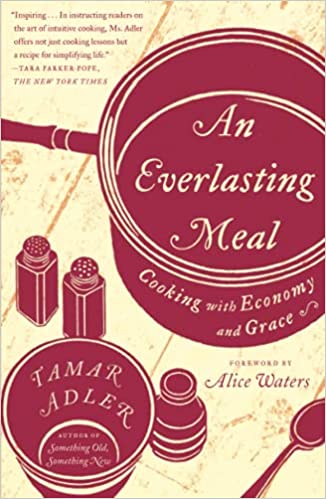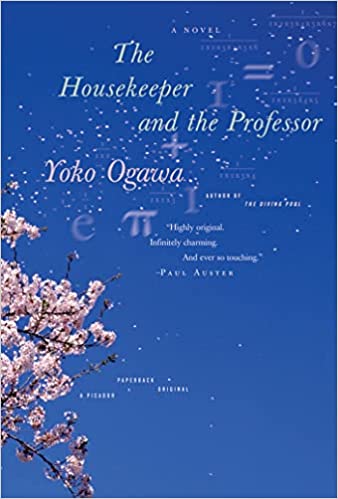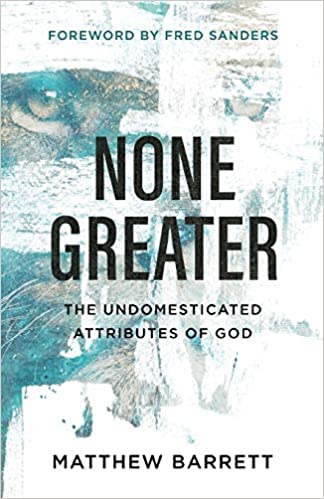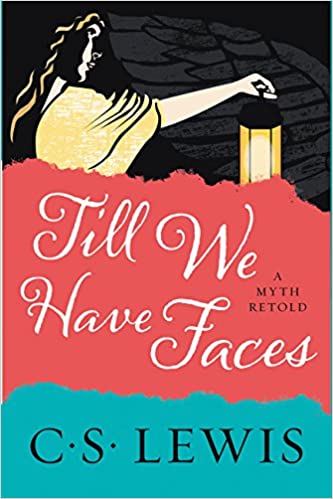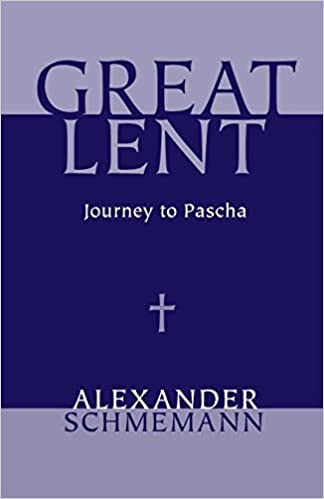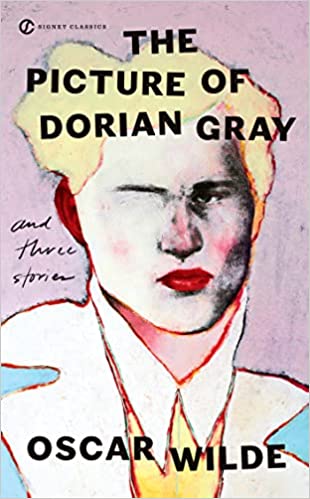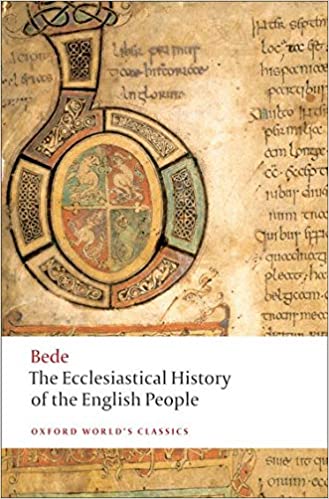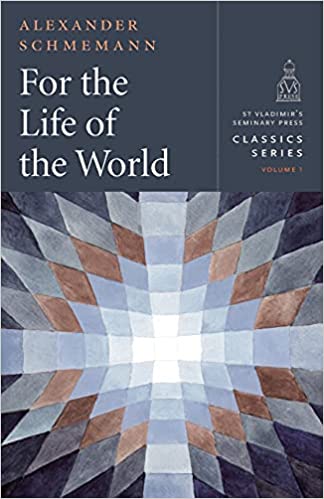An Everlasting Meal: Cooking with Economy and Grace
In An Everlasting Meal, Tamar Adler has written a book that “reads less like a cookbook than like a recipe for a delicious life” (New York magazine).
In this meditation on cooking and eating, Tamar Adler weaves philosophy and instruction into approachable lessons on feeding ourselves well. An Everlasting Meal demonstrates the implicit frugality in cooking. In essays on forgotten skills such as boiling, suggestions for what to do when cooking seems like a chore, and strategies for preparing, storing, and transforming ingredients for a week’s worth of satisfying, delicious meals, Tamar reminds us of the practical pleasures of eating. She explains what cooks in the world’s great kitchens know: that the best meals rely on the ends of the meals that came before them. With that in mind, she shows how we often throw away the bones, skins, and peels we need to make our food both more affordable and better. She also reminds readers that almost all kitchen mistakes can be remedied. Summoning respectable meals from the humblest ingredients, Tamar breathes life into the belief that we can start cooking from wherever we are, with whatever we have.
An empowering, indispensable work, An Everlasting Meal is an elegant testimony to the value of cooking.
More info →The Housekeeper and the Professor
Yoko Ogawa's The Housekeeper and the Professor is an enchanting story about what it means to live in the present, and about the curious equations that can create a family.
He is a brilliant math Professor with a peculiar problem―ever since a traumatic head injury, he has lived with only eighty minutes of short-term memory.
She is an astute young Housekeeper―with a ten-year-old son―who is hired to care for the Professor.
And every morning, as the Professor and the Housekeeper are introduced to each other anew, a strange and beautiful relationship blossoms between them. Though he cannot hold memories for long (his brain is like a tape that begins to erase itself every eighty minutes), the Professor's mind is still alive with elegant equations from the past. And the numbers, in all of their articulate order, reveal a sheltering and poetic world to both the Housekeeper and her young son. The Professor is capable of discovering connections between the simplest of quantities―like the Housekeeper's shoe size―and the universe at large, drawing their lives ever closer and more profoundly together, even as his memory slips away.
None Greater: The Undomesticated Attributes of God
For too long, Christians have domesticated God, bringing him down to our level as if he is a God who can be tamed. But he is a God who is high and lifted up, the Creator rather than the creature, someone than whom none greater can be conceived. If God is the most perfect, supreme being, infinite and incomprehensible, then certain perfect-making attributes must be true of him. Perfections like aseity, simplicity, immutability, impassibility, and eternity shield God from being crippled by creaturely limitations. At the same time, this all-powerful, all-knowing, and all-wise God accommodates himself, exhibiting perfect holiness, mercy, and love as he makes known who he is and how he will save us.
The attributes of God show us exactly why God is worthy of worship: there is none like him. Join Matthew Barrett as he rediscovers these divine perfections and finds himself surprised by the God he thought he knew.
"Matthew Barrett's excellent book lays out in clear, accessible terms what the biblical, historic, ecumenical doctrine of God is, why it matters, and why its abandonment by great swathes of the Protestant world is something that needs correction."--Carl R. Trueman, professor, Grove City College; author of Grace Alone
"Perhaps not since R. C. Sproul has there been a treatment of such deep theology with such careful devotion and accessibility. Read this book. And stagger."--Jared Wilson, director of content strategy, Midwestern Baptist Theological Seminary; managing editor, For the Church; author of The Gospel-Driven Church
"The knowledge of God is the soil in which Christian piety flourishes. I am grateful for the publication of None Greater and pray it will be a source of growth in godliness among those captivated by its vision of God's supremacy."--Scott Swain, president and James Woodrow Hassell Professor of Systematic Theology, Reformed Theological Seminary-Orlando; author of Reformed Catholicity
Till We Have Faces
C. S. Lewis—the great British writer, scholar, lay theologian, broadcaster, Christian apologist, and bestselling author of Mere Christianity, The Screwtape Letters, The Great Divorce, The Chronicles of Narnia, and many other beloved classics—brilliantly reimagines the story of Cupid and Psyche. Told from the viewpoint of Psyche’s sister, Orual, Till We Have Faces is a brilliant examination of envy, betrayal, loss, blame, grief, guilt, and conversion. In this, his final—and most mature and masterful—novel, Lewis reminds us of our own fallibility and the role of a higher power in our lives.
More info →Great Lent: Journey to Pascha
This revised edition of Father Alexander Schmemann's Lenten classic examines the meaning of Liturgy of the Presanctified Gifts, the Prayer of St Ephraim the Syrian, the Canon of St Andrew of Crete and other neglected or misunderstood treasures of Lenten worship. Schmemann draws on the Church's sacramental and liturgical tradition to suggest the meaning of Lent in our life. The Lenten season is meant to kindle a 'bright sadness' within our hearts. Its aim is precisely the remembrance of Christ, a longing for a relationship with God that has been lost. Lent offers the time and place for recovery of this relationship. The darkness of Lent allows the flame of the Holy Spirit to burn within our hearts until we are led to the brilliance of the Resurrection.
More info →All Creatures Great and Small
Delve into the magical, unforgettable world of James Herriot, the world's most beloved veterinarian, and his menagerie of heartwarming, funny, and tragic animal patients.
For fifty years, generations of readers have flocked to Herriot's marvelous tales, deep love of life, and extraordinary storytelling abilities. For decades, Herriot roamed the remote, beautiful Yorkshire Dales, treating every patient that came his way from smallest to largest, and observing animals and humans alike with his keen, loving eye.
In All Creatures Great and Small, we meet the young Herriot as he takes up his calling and discovers that the realities of veterinary practice in rural Yorkshire are very different from the sterile setting of veterinary school.
James Herriot's memoirs have sold 80 million copies worldwide, and continue to delight and entertain readers of all ages.
More info →Beauty for Truth’s Sake: On the Re-enchantment of Education
Based in the riches of Christian worship and tradition, this brief, eloquently written introduction to Christian thinking and worldview helps readers put back together again faith and reason, truth and beauty, and the fragmented academic disciplines. By reclaiming the classic liberal arts and viewing disciplines such as science and mathematics through a poetic lens, the author explains that unity is present within diversity. Now repackaged with a new foreword by Ken Myers, this book will continue to benefit parents, homeschoolers, lifelong learners, Christian students, and readers interested in the history of ideas.
More info →The Picture of Dorian Gray
The Picture of Dorian Gray, Oscar Wilde’s only full-length novel, is the enduringly eerie story of a naïve and irresistible young man lured by decadent Lord Henry Wotton into a life of depravity. Though Dorian is steeped in sin, his face remains perfect, unlined as years pass—while only his portrait, locked away, reveals the blackness of his soul. This timeless tale of Gothic horror and fable, reveling in the unabashed hedonism and cynical wit of its characters, epitomizes Wilde’s literary revolt against the proprieties of the Victorian era.
Sharing this volume with The Picture of Dorian Gray are Wilde’s clever and sophisticated story “Lord Arthur Savile’s Crime” and two of his delicate fairy tales, “The Happy Prince” and “The Birthday of the Infanta.”
More info →The Rule of Saint Augustine: with Commentary by Hugh of St. Victor
The Rule of Saint Augustine, written Augustine of Hippo (354-430), is a brief document which served as a guide for the servants of God. It is the oldest monastic rule in the Western Church. The Rule addresses chastity, poverty, obedience, worldliness, labor, hierarchy, charity, prayer, fasting and abstinence, care of the sick, silence and host of other questions. It came into use on a wide scale from the twelfth century onwards and continues to be employed today by many orders, including the Dominicans, Servites, Mercederians, Norbertines, and Augustinians.
The Commentary, traditionally attributed to Hugh of St. Victor (c.1096 –1141), offers a wealth of insight on this important document. This edition was translated from the original Latin by Dom Aloysius Smith and formatted for publication by Chaucer House Press.
More info →The Great Divorce
C.S. Lewis’ The Great Divorce is a classic Christian allegorical tale about a bus ride from hell to heaven. An extraordinary meditation upon good and evil, grace and judgment, Lewis’s revolutionary idea in the The Great Divorce is that the gates of Hell are locked from the inside. Using his extraordinary descriptive powers, Lewis’ The Great Divorce will change the way we think about good and evil.
More info →The Ecclesiastical History of the English People
The Ecclesiastical History of the English People (731 AD) is Bede's most famous work. As well as providing the authoritative Colgrave translation of the Ecclesiastical History, this edition includes a new translation of the Greater Chronicle, in which Bede examines the Roman Empire and
contemporary Europe. His Letter to Egbert gives his final reflections on the English Church just before his death, and all three texts here are further illuminated by a detailed introduction and explanatory notes.
For the Life of the World
In For the Life of the World Alexander Schmemann suggests an approach to the world and life within it, which stems from the liturgical experience of the Orthodox Church. He understands issues such as secularism and Christian culture from the perspective of the unbroken experience of the Church, as revealed and communicated in her worship, in her liturgy the sacrament of the world, the sacrament of the Kingdom. Of what life do we speak, what life do we preach, proclaim, and announce when, as Christians, we confess that Christ died for the life of the world? In For the Life of the World Alexander Schmemann suggests an approach to the world and life within it, which stems from the liturgical experience of the Orthodox Church. He understands issues such as secularism and Christian culture from the perspective of the unbroken experience of the Church, as revealed and communicated in her worship, in her liturgy the sacrament of the world, the sacrament of the Kingdom. For over half a century For the Life of the World has challenged, illumined, and inspired readers from many backgrounds. For some it is an introduction to the Orthodox Church, while for others it is a call to plunge more deeply into the life of the Kingdom, both manifested and anticipated here and now in the liturgy of the Church. This updated edition of Schmemann s classic text includes a new foreword by Dr Edith M. Humphrey, along with new explanatory notes and an index.
More info →
